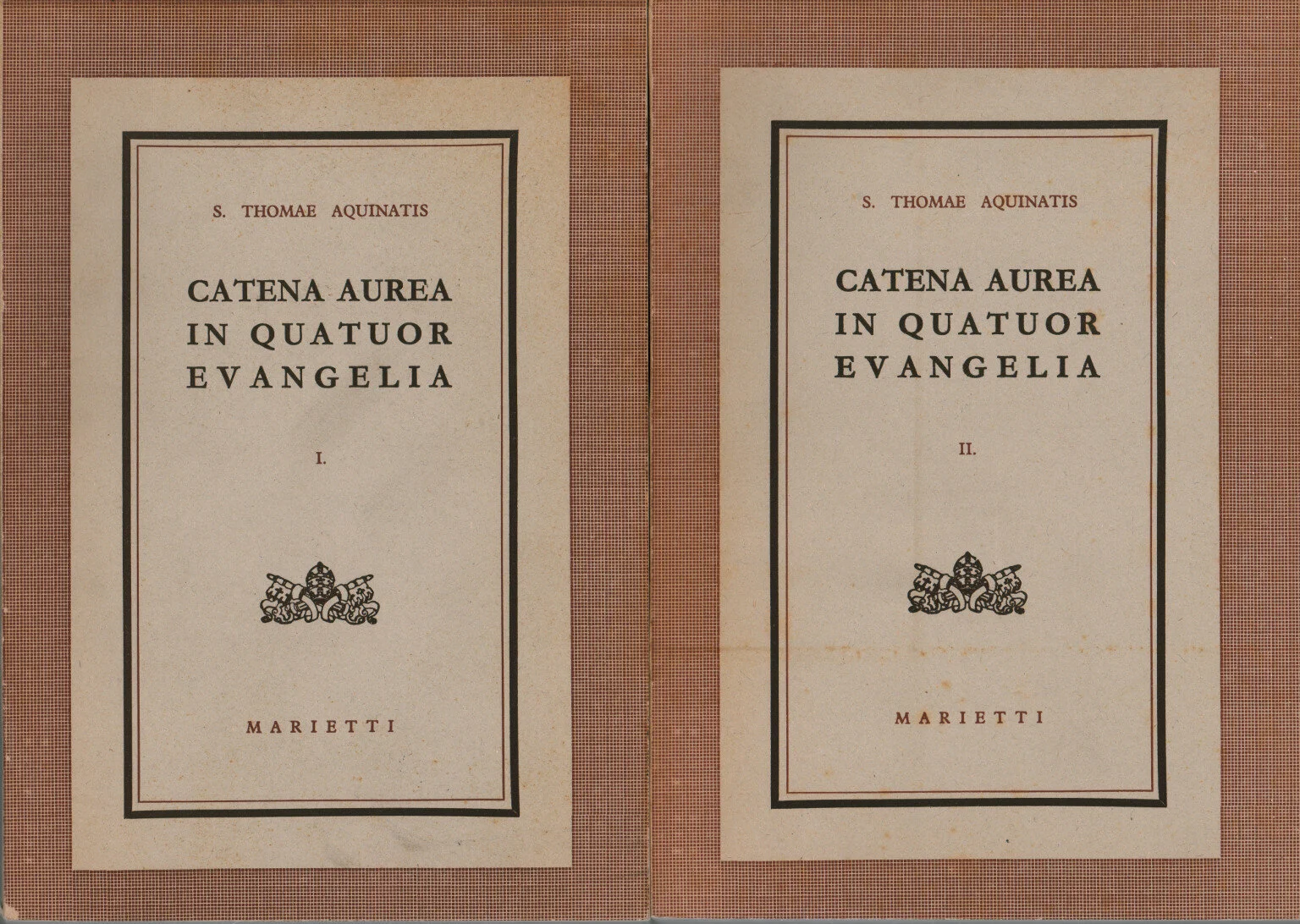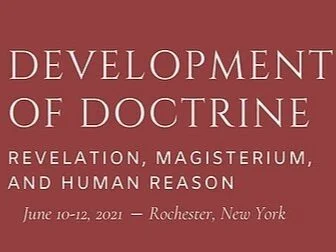Chance and Indeterminacy in the Natural World
June 16-20, 2021 | Washington, DC
Aristotle claimed that nature works "always or for the most part" and this tension between fixed necessity and the randomness of "the most part" has always been a part of the study of nature. Classical physics seemed to paint a world where the "always" of determinism was at work, at least in principle, while contemporary quantum physics and evolutionary biology have pushed chance and randomness back into the spotlight in the study of nature. Are probabilities used in various physics, chemistry and biology simply an approximation for a complicated deterministic system, or is there some inherent indeterminism in nature? Do various fields of contemporary science understand and approach these questions the same way? Do the Aristotelian and Thomistic understanding of chance and necessity, act and potency, apply to contemporary questions about nature?
The Thomistic Philosophy and Natural Science Symposium gathers expert scientists and philosophers to discuss the potential compatibility and mutual enrichment of the study of Aquinas' philosophy of nature and various forms of modern scientific knowledge in mathematics, physics, chemistry, and biology.
The 2021 symposium will once again include a day of lectures geared towards an introduction to Thomistic philosophy and the history of science, with a focus on chance and indeterminacy. The rest of the symposium will have scientific experts discussing the understanding of chance, randomness, and indeterminacy in their own fields with one another and with philosophers.
Applications will open in January and are due by March 31.
Apply here.
Further details here.








